Will I be arrested next, after Graham Linehan?
If police are stalking airports for anyone who's disparaged the ‘trans community’, then am I safe to fly back to the UK?
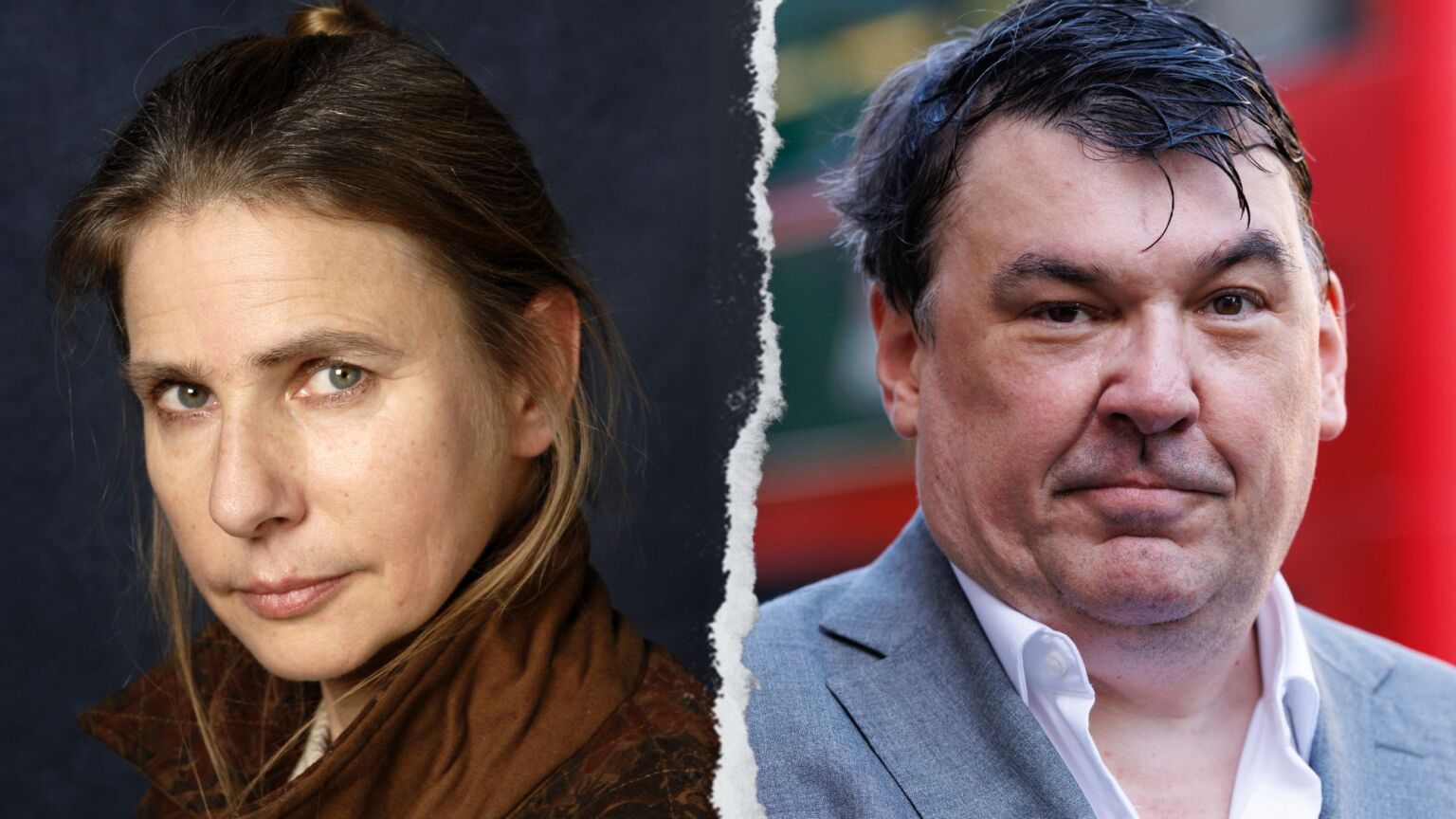
Want unlimited, ad-free access? Become a spiked supporter.
In our persecutorial present, plenty of B-listers have fancied portraying themselves as potential targets of vicious left-wing activism. The subtext runs, ‘I’m so brave and controversial that the mob is sure to come for me’. Others claim to have been ‘cancelled’ when someone wrote something forgettably mean about them once – underappreciating the true horror of proper cancellation, such as the monstrous injustice of an accomplished comedy writer’s entire career being utterly savaged over views that ought to be common sense. I’ve sometimes joked – disingenuously, because I like still having a career – that never having been cancelled myself is insulting.
I am horrified, of course, along with the better part of the British and American publics, if gobsmacked comment sections are any guide, that law enforcement has come down like a ton of bricks on Graham Linehan for expressing hostility on X towards rabid male trans activists (I resent having eternally to write ‘biologically male’; that’s what ‘male’ means). After all, his reputation in tatters, Linehan has already been punished enough for his courageous defence of physical reality and women’s rights.
But I also read reports of his arrest on alighting in Heathrow by five armed police officers as potentially ominous news for me personally. This anxiety is for once not the self-aggrandising and melodramatic sort – ‘vanity fear’, if you will – but rational, practical and genuine. If the Met is stalking airports for anyone who’s published a discouraging word about the, to me, deeply disturbing social obsession with transgenderism – even former UK residents who’ve fled Britain’s accelerating illiberalism, as both Linehan and I have – then I am at risk of arrest and detention if not imprisonment should I dare to hop another flight to Heathrow from my new home in Portugal.
By coincidence, one of the several columns I’ve published in the Spectator critical of the fad for pretending to change sex is out this very week. I filed it earlier in the day Linehan was arrested. Were I to have known about this preposterous perversion of law enforcement in advance, would I have reconsidered my choice of topic? Probably not. But considering that I treasure friends and colleagues in Britain and wish passionately to visit them on occasion, that just makes me stupid.
The column derides media outlets that, in reporting on a grotesque, nihilistic strafing of small children in Minneapolis, were so sensitive to the tender feelings of the attacker – even after he was, mercifully for the rest of us, dead – that they pandered to his pretence he was female. I note that for the BBC and New York Times to refer to the killer, ‘Robin’ Westman, as ‘she’ is not a neutral editorial decision, but an implicit endorsement of a fringe ideology that claims sex is in our heads, not between our legs. Rudely, I dare to misgender – meaning that I accurately identify the sex of – both the spiteful nutjob in Minneapolis and another trans murderer in Britain, who stabbed his husband with a samurai sword 50 times. (I still hew to the dated notion that journalists’ first loyalty is to factual truth.) This ‘mis’ identification alone could bring the cops to the end of my jetway in Terminal 5.
In the same column, I may have waved even bigger red flags to a police force that has all but abandoned the apprehension of criminals – boring old rapists and thieves – the better to round up far more menacing malefactors who hit the wrong letters on their keyboards. I averred that: ‘People who are mentally ill in other respects are consistently the most susceptible to deciding they were “born in the wrong body”. The trans cult attracts the insecure, the lost and ungrounded; the unstable, disturbed and, yes, outright deranged.’
The column concludes with another heresy: ‘The seminal mistake in the progression of this demented transgender movement was no longer recognising gender dysphoria as a mental disorder.’
Oh, no! Someone out there might find that view offensive! Which is all it takes to be prosecuted for ‘hate speech’: one person who says he or she is hurt. (This sense of injury is reliably a pose. Feigned trauma is a weapon. For lefty activists, the real experience of seizing on a sentence that can be wielded to devastate an opponent is one of glee.)
I won’t be the only American who reads about Linehan’s arrest and thinks twice about ever again setting foot in the UK. Is this what the British state wants? For even tourists who’ve ever ventured an online opinion outside the Overton window’s slit of progressive orthodoxy to decide they can’t afford the risk of visiting a country that arrests and imprisons people for their opinions? Does Britain really wish to court a reputation as an oppressive pariah in what was once traditionally designated ‘the free world’? Though isn’t it interesting how that expression has fallen out of fashion.
The British state is not only policing what views we may express – it has also advanced to policing our feelings. Isn’t the criminalisation of ‘hate speech’ really aimed at the hatred itself? The state regards our very emotions as its business. We’re only allowed to feel nice things. We can only express warm and cuddly, fuzzy-wuzzy emotions like perfectly unearned ‘respect’. Perhaps more controversially than the tweet that recommended, with obvious comedic intent, punching men who invade women’s single-sex territories ‘in the balls’, Linehan wrote of trans activists on X: ‘I hate them. Misogynists and homophobes. Fuck em.’ He said the H-word. Is it illegal to hate a political faction? Is it illegal to hate anyone personally who has one or more ‘protected characteristics’, the very statutory existence of which violates the bedrock democratic principle of equality under the law? Is hatred itself now an arrestable offence?
I am not a ‘transphobe’ per se, because I am not afraid of these people, which is literally what the word means. But I do fear, and hate, the trans contagion, which has maddened the Western world and demanded its citizenries humour their compatriots’ delusions – thereby cultivating a mental universe that departs from factual reality, the textbook definition of insanity. We have institutionalised insanity. I hate that, too. I hate that we are being bullied and blackmailed by a small number of malicious crossdressing men – who do not represent all of their so-called community – into elaborate social and linguistic contortions to indulge what is commonly a sexual fetish.
If these same people had contributed to the end of my marriage, made me veritably unemployable after I’d occupied the heights of my profession, and intimidated my colleagues into dropping a West End Father Ted musical that would have been a lucrative tribute to perhaps the most hilarious television series ever made about Ireland, I think I would, yes, hate these people as a collective. Were any of them known to me, and known to be personally responsible for some of this destruction of everything that I held dear about my life, I think I would probably hate them as individuals. We have the word ‘hate’ for a reason. It is a normal human emotion – fierce, difficult to control, not always rational or attractive, and taking a host of forms. Brief bursts of loathing can be preceded by repentant sheepishness; a simmering, backburner antipathy can last for years. But sometimes hatred can be directed righteously towards people who deserve it.
There, have I done it now? Tempted the Met? Should I send them my itinerary with BA in December? I wonder if everyone on social media in Britain were to post ‘I hate anyone with protected characteristics’ all together on the same day, we might send the coppers into a frenzy that ends in meltdown, the way tigers turn to butter.
Lionel Shriver is a novelist and journalist. Her latest book, Mania, is published by the Borough Press.
You’ve read 3 free articles this month.
Support spiked and get unlimited access.
Help us hit our 1% target
spiked is funded by readers like you. It’s your generosity that keeps us fearless and independent.
Only 0.1% of our regular readers currently support spiked. If just 1% gave, we could grow our team – and step up the fight for free speech and democracy right when it matters most.
Join today from £5/month (£50/year) and get unlimited, ad-free access, bonus content, exclusive events and more – all while helping to keep spiked saying the unsayable.
Monthly support makes the biggest difference. Thank you.

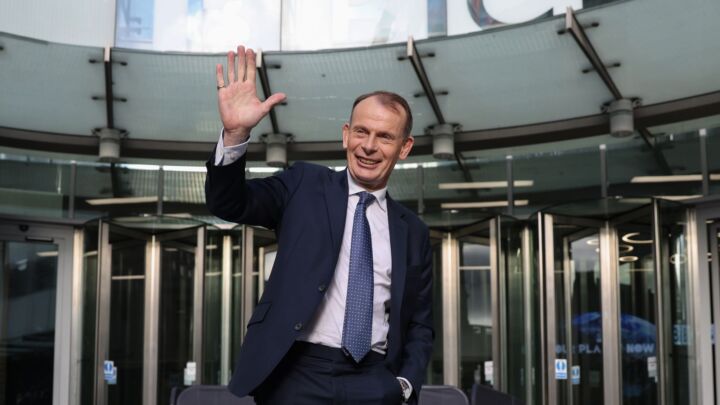

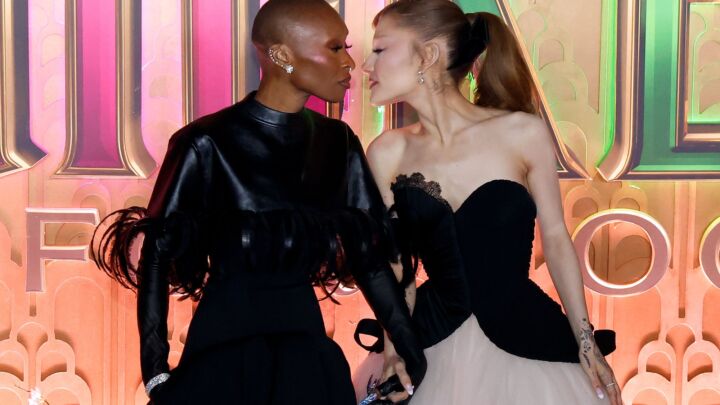
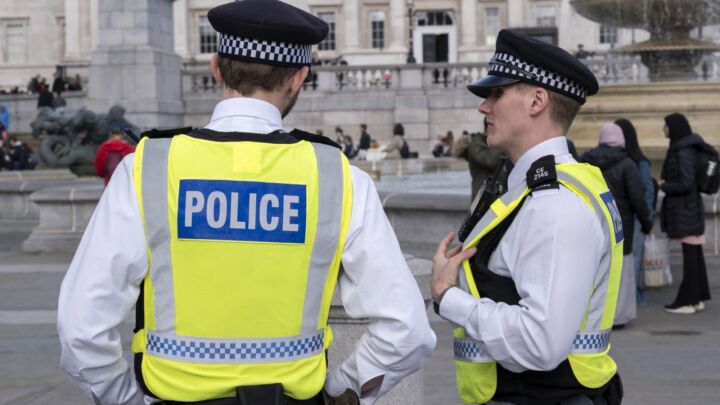
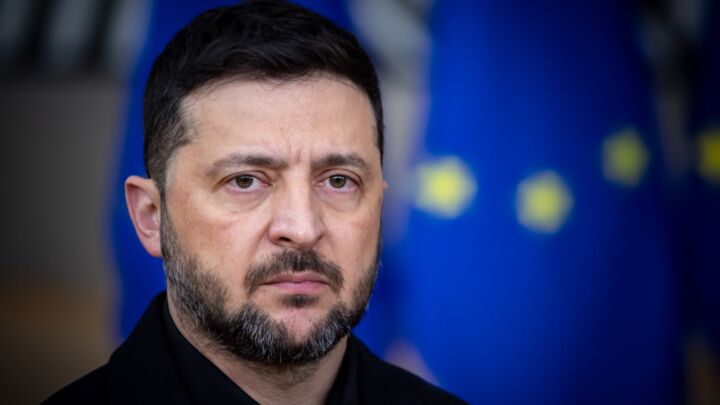

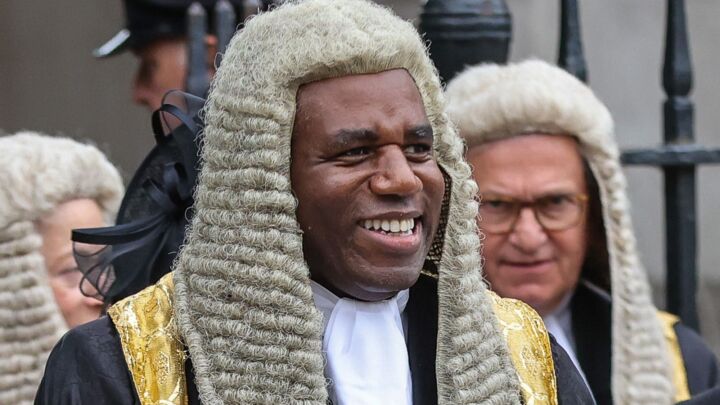
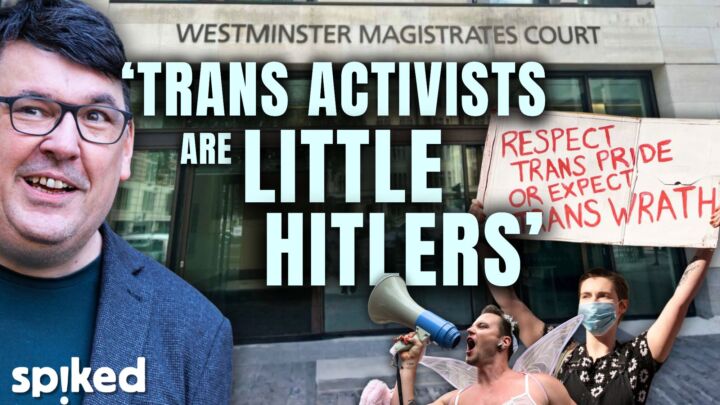

Comments
Want to join the conversation?
Only spiked supporters and patrons, who donate regularly to us, can comment on our articles.